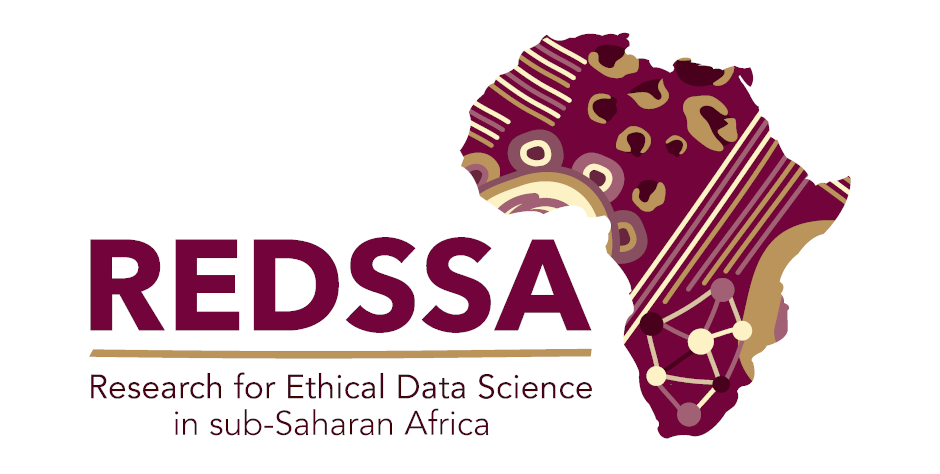Division of Medical Ethics & Law

The Research for Ethical Data Science in sub-Saharan Africa (REDSSA) project has the overall aims of:
Producing new knowledge in regard to the ethical, legal and social implications of conducting data science
To develop evidence- based, context specific guidance for the conduct and governance of data science initiatives
To strengthen the culture of responsible data science in sub-Saharan Africa
ABOUT US

New NIH Grant 2021 - 2026
Research for Ethical Data Science in sub-Saharan Africa (REDSSA) project: RFA-RM-20-017
The Division of Medical Ethics and Law, Stellenbosch University, in collaboration with the Center for Bioethics, University of North Carolina at Chapel Hill, was successful in an application for funding for a Data Science Innovation (DSI) in Africa grant funded by the National Institutes of Health (NIH). This project aims to implement a process for involving diverse interdisciplinary stakeholders in Data Science Research to contribute to the development of governance policies for DSI Africa.
The REDSSA project is a pioneering initiative aimed at enhancing ethical standards and community engagement in data science and Artificial Intelligence (AI) across the region. With a focus on developing educational tools, conducting empirical research and fostering a network of bioethicists, REDSSA is set to transform the ELSI landscape of data-intensive health research in sub-Saharan Africa. Through its comprehensive research, community engagement efforts, and collaborative networks, REDSSA is poised to make significant contributions to the ethical use of data in healthcare and beyond.
REDSSA is actively working on the co-creation of data education tools tailored to the needs of local communities. To achieve this, the project is engaging with communities to determine the most effective formats, languages and styles of communication. REDSSA has conducted comprehensive reviews of the literature focusing on the use and success of crowdsourcing methods to engage the public, various community engagement tools to identify best practices as well as methodologies and strategies for engaging African communities in health data literacy. Educational materials such as posters, pamphlets, and a short video explaining the flow of health data from patients to data scientists are being tested and distributed widely, starting with Tygerberg Hospital and Netcare N1 City Hospital in Cape Town.
Our continued efforts to foster dialogue and consensus on ethical data science practices has brought together experts and stakeholders to discuss and contribute to guidelines that ensure ethical standards are maintained in data science research and application. REDSSA is committed to widespread dissemination of its findings and educational materials. This includes presentations at the DSI-Africa Consortium meeting, distribution of special issues of the South African Journal of Science, and submissions of manuscripts to international and national peer-reviewed, open-access academic journals and national and international conferences.
Looking ahead, REDSSA will continue to develop ethics guidance documents on data sharing, informed by interviews with data scientists/researchers and HREC members. In 2024, REDSSA will establish the ELSI for Data Science in Sub-Saharan Africa Network (EDSSAN) which will draw on the expertise of the African Bioethics Network. EDSSAN aims to enhance collaboration among bioethicists and promote ethical standards in data science.
Past and upcoming Research Ethics Seminar Series related to the project:
April 2022 - Inaugural REDSSA Seminar on the Ethical, Legal and Social Implications of Data Science in Healthcare in sub-Saharan Africa
October 2022 - Big Data and AI in Health Research: Ethical, Legal and Social Issues
October 2023 - Generative AI and Data Science: Challenges and Opportunities for Health Research in sub-Saharan Africa
November 2024 - Navigating the Future of Research: AI, Ethics and Data Literacy

